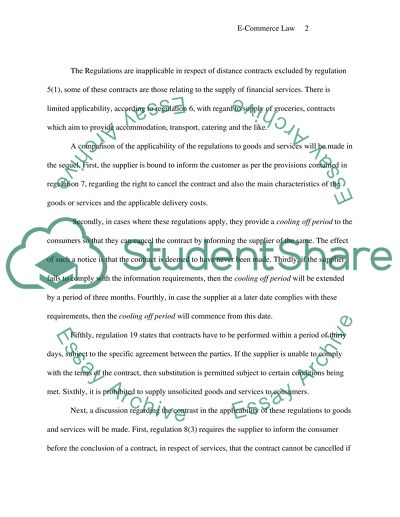Cite this document
(“E-Commerce Law Essay Example | Topics and Well Written Essays - 1500 words - 1”, n.d.)
E-Commerce Law Essay Example | Topics and Well Written Essays - 1500 words - 1. Retrieved from https://studentshare.org/miscellaneous/1536546-e-commerce-law
E-Commerce Law Essay Example | Topics and Well Written Essays - 1500 words - 1. Retrieved from https://studentshare.org/miscellaneous/1536546-e-commerce-law
(E-Commerce Law Essay Example | Topics and Well Written Essays - 1500 Words - 1)
E-Commerce Law Essay Example | Topics and Well Written Essays - 1500 Words - 1. https://studentshare.org/miscellaneous/1536546-e-commerce-law.
E-Commerce Law Essay Example | Topics and Well Written Essays - 1500 Words - 1. https://studentshare.org/miscellaneous/1536546-e-commerce-law.
“E-Commerce Law Essay Example | Topics and Well Written Essays - 1500 Words - 1”, n.d. https://studentshare.org/miscellaneous/1536546-e-commerce-law.


